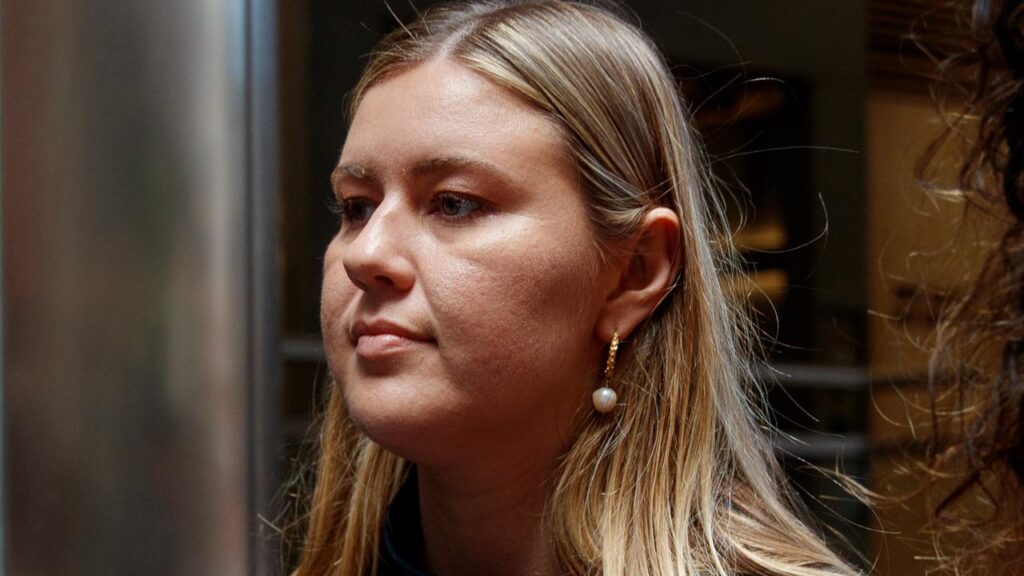Decisions made in huge Roundup safety battle
Written by admin on July 25, 2024
A massive landmark case against a common garden weed killer product has has failed to prove it has links to cancer in the Federal Court.
The landmark lawsuit saw more than 800 people claiming the herbicide Roundup and its key ingredient, glyphosate, is carcinogenic for humans and can cause non-Hodgkin lymphoma (NHL).
Justice Michael Lee ruled there was not, on the balance of probabilities, any proof as to whether glyphosate, a component of Roundup, is carcinogenic.
“It is not proven in this proceeding on the balance of probabilities, that throughout the relevant period, use of and/or exposure to Roundup Products increased an individual’s risk of developing NHL; and/or caused an individual to develop NHL,” Justice Lee found.
The civil class action tried to prove the manufacturer, Monsanto, and its Australian division, Huntsman Chemical Company, were negligent regarding the risks posed by its products.
However, Justice Lee stated that while he found there was no proof the herbicide had led Mr McNickle’s NHL diagnoses, he could not affirm its exposure doesn’t cause an individual to develop NHL.
“If, as Monsanto asserts, I simply answer ‘no’, this would amount to a distortion of my resolution of the central issue according to law,” Justice Lee said.
“This is because to say Mr McNickle has not proved to my reasonable satisfaction on the balance of probabilities on the state of the evidence adduced at this trial that the use of and/or exposure to Roundup Products increases an individual’s risk of developing NHL or causes an individual to develop NHL, is not the same thing as saying affirmatively that it does not.
“As I have explained, whatever else is unclear, one thing is plain: the science is all not one way.”
Monsanto had always maintained Roundup and its glyphosate-based herbicides had been rigorously tested in hundreds of studies.
Lead plaintiff, Kelvin McNickle, had worked for his family’s vegetation management business for 20 years.
The court was told Mr McNickle had alleged the exposure with two of Monsanto’s Roundup products later led to a diagnosis of non-Hodgkin lymphoma.
Justice Lee said he’d heard evidence from Mr McNickle that when he used the product, there would be drips soak through to his clothes and onto his skin as well as mist that would go all over the place during its use which he would inhale.
Monsanto’s parent company Bayer welcomed the Federal Court of Australia’s ruling to dismiss the case on Thursday.
“The Court’s decision is consistent with worldwide regulatory and scientific assessments, including from the Australian Pesticides and Veterinary Medicines Authority, that support that glyphosate (Roundup) is safe and non-carcinogenic,” the company said in a statement.
“Last year, the EU Commission re-approved glyphosate for 10 years, following the favourable scientific assessments by its health and safety agencies, which ‘did not identify any critical areas of concern’ impacting public health or the environment in their review of glyphosate in July 2023.
“Bayer remains committed to supporting Australian farmers by ensuring safe-for-use and effective products such as Roundup continue to be available.”
Maurice Blackburn had led the major class action on behalf of the 800 people who claimed alleged they’d had reasonably significant exposure to Roundup.
A spokesman for the major compensation law firm told NewsWire it would be “carefully reviewing the judgment”.
Justice Lee’s decision comes after similar cases were heard in the United States.
More Coverage
In 2020, Monsanto’s parent company Bayer settled almost 100,000 lawsuits, costing the global pharmaceutical giant AU$16.5 billion.
Roundup continues to be sold in Australia.
The matter was adjourned to July 31 to allow both parties to be heard on the appropriate costs orders.







